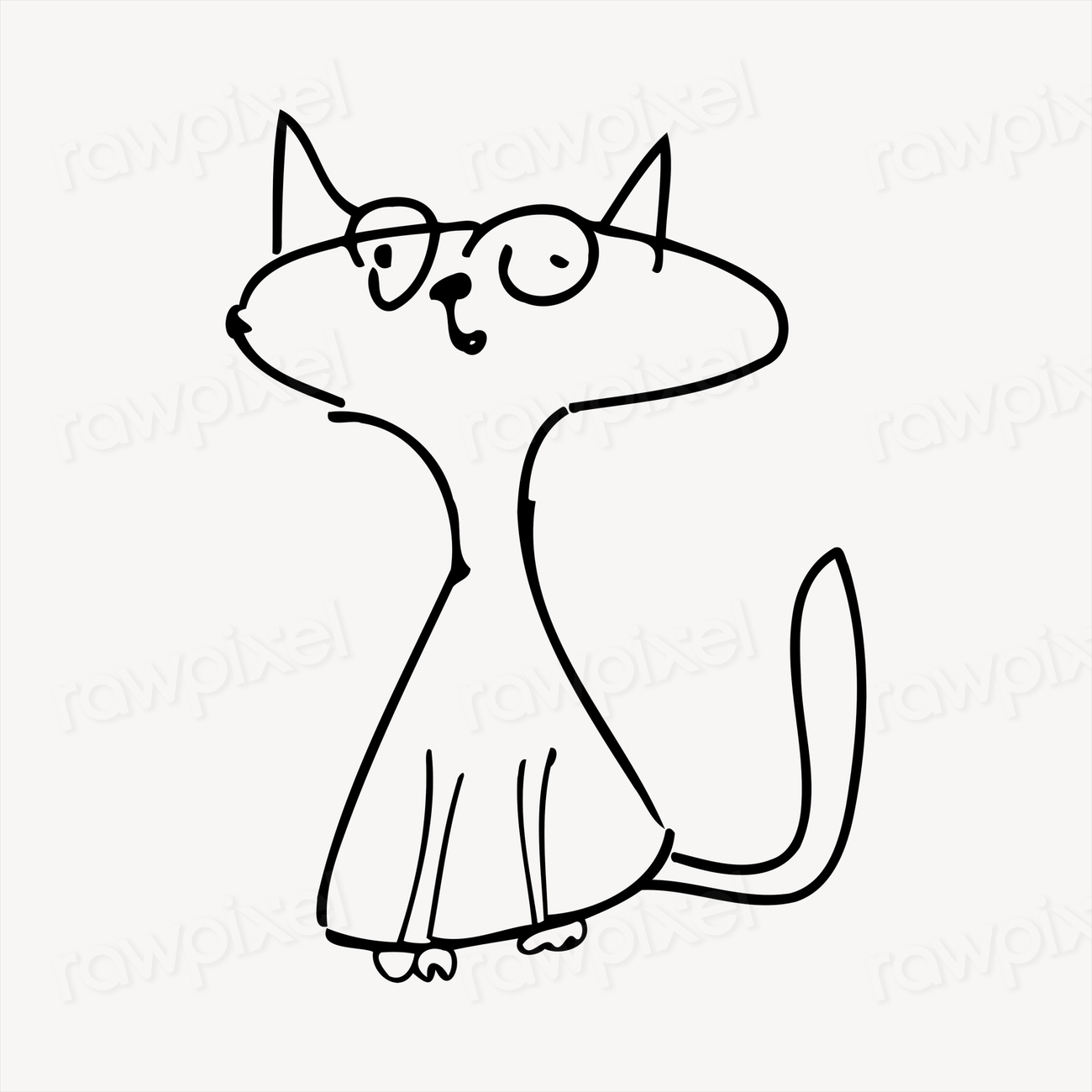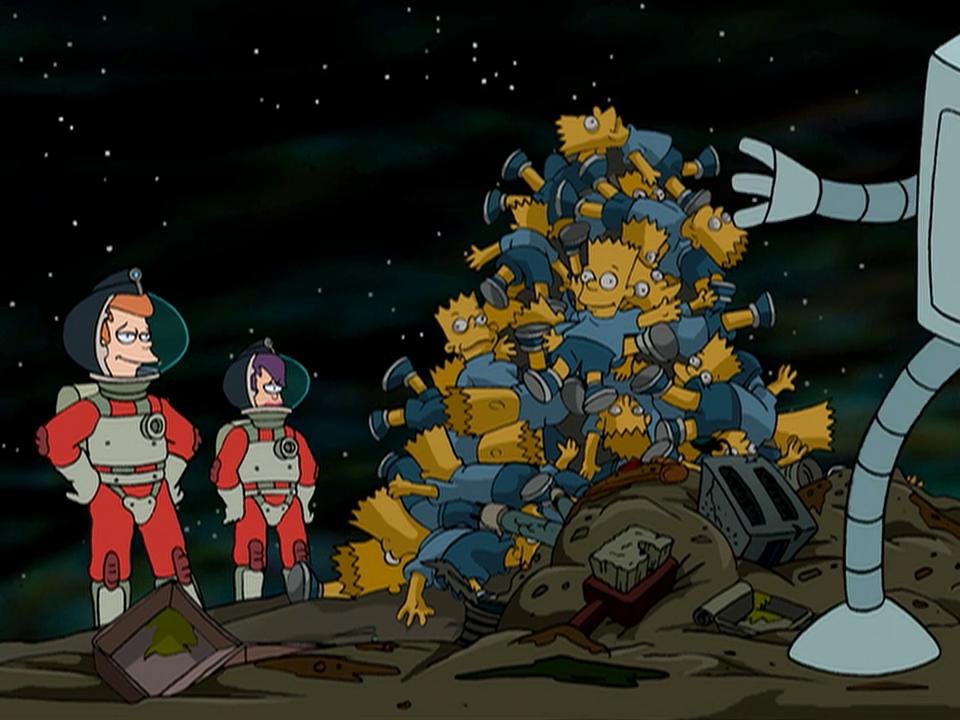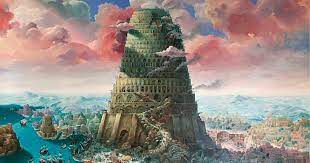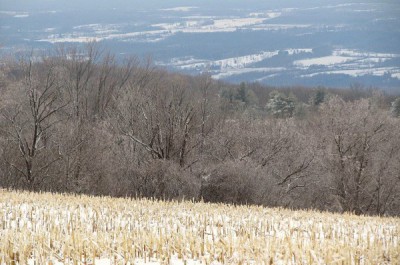I’m still on break, would like to share this speech by Sanders:
https://youtu.be/B9-EKi8lD_E?si=CK8x7Vl3mZPYwP8N
And Now a Quick Break for Some One Liners
Let’s pause our inquiry into the nature of freedom for a few jokes. Above is an audio of some one-liners and short jokes I wrote in exchange with a far funnier friend over the years. A few are in the style of Steven Wright.
Here they are in print, with a few additional:
Collected One Liners (please provide your own drum rolls)
Got in an argument with a Canadian. I asked him if he wanted to fight. He said, “I would but I forgot my skates.”
Somebody wanted me to take head shots at their wedding. I declined because my pistol permit had expired.
I asked the devil what hell was like. “Not too hot,” he said.
A delirium tremens shook the facade of the earthquake survivor.
I always use oven mitts to caress my side-burns.
The Rebellion Starts Here

Time to summarize where the series on freedom has gone up till now.
The only concern of these essays is the restoration of the earth’s health.
But how can something as pathetic as an essay contribute to the healing of the earth? The same way any other action performed whole-heartedly contributes, the same way any white blood cell encountering a virus contributes to the healing of the whole population: By realizing and metabolizing the world’s poisons as they circulate within this holograph of the whole, called me. By being an example of healing, by facing my diseased self honestly, allowing the old patterns of identification to die, as they should have died thousands of years ago, before the disease suppurated.
Honesty is the painful act of healing. It’s also the most rebellious act one can undertake in a deceitful world.
This isn’t about learning to play the violin while the world burns. None of these essays are about personal advancement or personal adjustments to a world in its death throes. Those concerns make me sick. I mean “sick” as an accurate metaphor, because the world’s sickness is rooted in a frame of mind that is selfish and short-sighted. We are heading towards extinction from too much personal concern.
Toxoplasma Mindii: Ideas As Zombie Parasites

Thought tends to run us (ala David Bohm), but it’s such a convincing hallucination that we’re the ones choosing what we think. But usually, we’re just repeating fragments of ideas that have come to us from others, from one-sided, patriotically-distorted historical education, Youtube, echoing chat groups, books, unconscious habits of response in parents and teachers that presume certain “facts” about life (absorbing these philosophies unconsciously). Etc.
How are we supposed to have an idea of our own in this rubble-strewn flood of information? How can we pick and choose what is right or wrong when our basis of decision making also comes from this chaotic flood?
Ironically, we’re not lucid until our thoughts are recognized as a cultural dream into which we were born. We awaken by realizing we’re asleep.
The irony is that real individuality only happens when I realize that thought has carried me away, that beliefs ran me from one blind conviction to another, like cordyceps (the zombie-ant fungus).
Read More »Why “Everything Is Fiction” is Both True and False

I can imagine that many of the claims I tend to make would annoy historians, among others.
I tend to say that knowledge isn’t a matter of fact or fiction, but of honest or dishonest fiction.
And I tend to say that a conclusion puts an end to learning.
Historians, reporters and police detectives (among others), however, are often diligent in sorting fact FROM fiction, and wouldn’t take kindly to any smudging of those distinctions. They also tend to work towards a conclusive determination of events. They might argue that the question, “did this happen or not?” demands a conclusive answer in order to learn anything substantial. So right away, both of my claims will seem outlandish from their perspectives.
I myself would argue that we need to retain a distinction between fact and fiction if the context (such as law) is premised on this distinction. We have to understand the definitions and frameworks of any foreign language. But I would argue that these linguistic distinctions are themselves fictional inventions. “Fact or fiction” ‘is a fictional way of sorting events.
After all, a fact (under microscopic examination) is by itself a meaningless dot of data in an infinite sea of data points. Facts only begin to make sense when they are strung together in a narrative. In other words, we can’t understand any fact without understanding the context, which is the story that defines the fact. I can’t think of a single fact that isn’t part of an explanatory narrative, like beads on a string.
Creativity is inseparable from the collection of facts. Read More »
Lucid Waking

People talk about lucid dreaming. Just once I’d like to be lucid when I’m awake.
I arose from blessed oblivion again this morning. It’s a shared oblivion that encompasses the origins of the universe itself. We share our beds with galaxies and comets in utero. The oblivion at the core of sleep isn’t the oblivion of lifelessness, nor is it a rejection of earthly existence, but a reunion with the primordial egg of undeceived Being at the heart of earthly life.
Every night we get the chance to recapitulate the origins of the world and awaken with a Big and creative Bang, which is not will, which is not choice, but a spontaneous eruption of something unprecedented in who we are. After all, we can’t choose what exceeds our comprehension.
I love the insistently hinting dreams of early morning. The timeless oblivion of the depths crashing on the shores of waking life, bending the scraps of memory so that they seem like messages in a bottle, warning me of the sleepwalking illusions of “being awake”.
There is a moment in the passage between fluid sleep and the seemingly solid ground of waking when you are neither. In that suspended space (an eternal space that only appears fleeting when you leave) you realize that the dreams of night were not real after all. And when you turn that same cleansed look towards shore, and peer through all the repetitive dramas of waking life, you see that they are no more solid than the dreams of night.Read More »
Freedom As an Absence of Free Will and an Absence of Free Choice

Last night I dreamt I was a Germanic medicine man, warrior kicking Roman ass in the Teutoburger Wald (my tribe’s version of the Little Bighorn). Dying in agony I was annoyed to discover that my wife was not tending my wounds, but merely nudging me in the ribs so I’d stop moaning in my sleep.
Despite my battlefield injuries, despite lying face-down in the swampy woods screaming in pain, I was not relieved to find myself back in this cold, bureaucratic, technological culture, although word processing is a nice addition.
We’re all born mid-highway, spewing gas out the tailpipe, decimating forests for school projects, eating animals penned in concentration camps, privileged or lacking privilege, praying to the local deity, before we have a moment to reflect, through no choice of our own.
I just appeared here as a newborn in this historical timeline like a Chomsky Martian, and was quickly covered in all these decals and rooting for the team I got saddled with, no matter how often they lose.Read More »
An Introduction to the Ringmaster: Why “I Am Not I” and Why this Is the Beginning of Freedom

I can’t remain too long in any consistent first person, otherwise you’ll end up believing that I’m really me, and then I’ll be pinned inanimately to the page and unable to shape-shift as any living creature must if it hopes to avoid the tarpits.
Consider Me the ringmaster for what follows. I am part of the performance, just another circus freak, not the kind of Self you’d bring home to meet your mother.
Let’s dare to suggest I’m not even a living thing so much as a material swelling of words, thoughts, ideas, pictures, emotions, the chaotic surface waves left by the spirit of life as it hovered over the keyboard for a moment before passing on to better things. After all, the screen or page you’re reading is not itself alive. Nor is this picture of “me” that hovers over the page momentarily.
Or say instead that this picture of “Me” is a mnemonic shell that formed where life once placed its fleeting and immaterial finger. I am the fossil of something more lively that passed this way.
Or maybe I’m the detritus of memory, a junk-encrusted tumbleweed of ideas of myself, a messy and clanging assemblage of cans and can’t-do’s, recoils, crossed-wires and lost marbles. This would explain why I’m such a noisy sonofabitch.Read More »
Integrating Mind and Matter: A Playfull Hypothesis

The following hypothesis won’t be correct, but only at best insightful. From where I stumble through life, no human knowledge will ever be free of distortion, because we can’t pin down the nature of a morphing and multi-dimensional infinity. Therefore, I don’t want to construct a stable theory of reality. I’m offering a playful metaphysics instead, a suggestive cartoon (cartoonish in comparison to the dynamic world), a caricature that exaggerates certain features of reality that more conventional stories and theories have tended to downplay by exaggerating other features.
Metaphysical day trips such as this are only built for the short haul. My exaggerated intention is to remove a dogmatic beam from the field of perception. Call it a cultural floater that is blinding us to wider potentials. What I’m doing feels practical, not academic.
Also, I’d like the reader to realize that these essays are not rationally planned. At this point in the essay I’m only pursuing a metaphor that now and then crystallized over the past few months. So I write my way deeper into this vague sense of a vaster formulation hiding in the fog of my own ignorance. I want you to know this, because this is an exploratory journey into the wilderness of ignorance, and I want you to ride along as it unfolds, not as a spectator reading a conclusive script.
Why the Restoration of the Prism Is Not a Matter of Will

How do we restore the prismatic flow to human culture without forcing it, without imposing our will from the top down?
The personal lens has mainly become psychotic in this culture, blocking access to wider views. And if we learn to change without force on a narrow or personal level – without introducing this divisive top-down mentality when we’re alone — then there is no other obstacle to a communal and cosmic clarity.
So what I write about are the aspects of a new vision that are wavering for me personally. I’m nothing if not inconsistent. But I’m learning things from these wavering encounters with sanity, more specifically from these failures to retain sanity. Every failure reveals the nature of the madness. (One thing I learn is it’s not “my mind”. The system of thought is a shared system of tracks for trains of thought. So whatever I learn about this situation on a personal level is applicable to everyone else (and vice versa, what you learn)). And writing is one way for a span of attention to widen enough to discover the underlying system of switches (so to speak), which keep the personal trains of thought circling on a narrow gauge, falling for the delusion that they’re running on an isolated system of tracks. And this attention repairs or alters those switches, releasing this human energy from that self-centric circularity and allowing the human (shared) mind to rediscover a wider fluidity of movement between the narrow, the mid-range and the long views.
This is important: In this particular fiction I’m writing (and every essay is a fiction) the personal point of view represents no independent being. It’s a story from the microscopic point of view. Here, likewise, the communal lens is a story from the shared, communal point of view. And the cosmic lens is a little different (as I tried to show in Part IV, “What Is Radically New”). We need cosmic stories (myths and theories), but not as a primary point of access to the cosmic. The cosmic is mainly contacted by negation (by the realization that all of our myths and theories are cartoons of “something more” that can never be known in any conclusive sense). The cosmic lens can only be accessed when we’re in a non-Literal or metaphoric state of mind, whereby the Self is also felt as a cartoon depiction of something beyond the reach of knowledge. In other words, the Self here is not seen as an actual source of this life, but only as a cartoon representation of the whole from a microscopic perspective.
We Don’t Change by Trying to Change (there’s no top-down change)
We don’t change by trying to change. (The moment we have the urge to change ourselves, something already changed. And this urge arose in us spontaneously, without knowing how, without making a decision – the decision is the result of change, not the cause). The reason a “decision to change” sometimes seems to help arouse energy is because the “decision to change” is a kind of microscopic myth or creed that gives us an illusion of something we can trust as a crutch.
Read More »